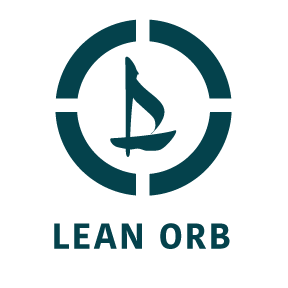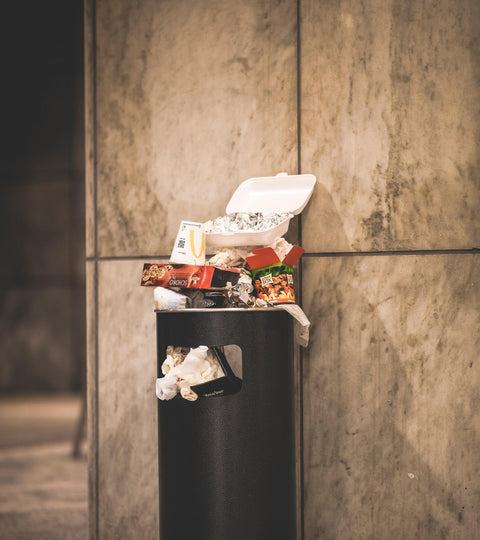Today's Climate Change Issue
There are few issues as pressing as the matters of changing climate. As we look to different areas across the globe, we can see the lasting impacts resulting from increased greenhouse gas emissions. These are places with unique ecosystems, such as the Great Barrier Reef, and countries like South Africa, that house the lives of hundreds of thousands of people - where will they all end up if their land is no longer viable? If the water runs dry and the soil lacks nutrients, how will they eat? Invariably, these people will become climate refugees.
Here in the United States, we are witnessing an economic impact of billion-dollar natural disasters from fires in California to floods in Louisiana. U.S. emits 15% of the world CO2, the second largest after China. As world leaders, it’s our duty to take action and present an example for the rest of the world into the future. There are several large sources of greenhouse gas producers in the United States. Aside from the energy and transportation industries, our trash is contributing to the rising temperatures through methane emissions. It’s time we start rethinking our current protocols for dealing with municipal waste, residential and industrial alike. In South Florida, we have several organizations working To divert organics from the landfill. . However, it is well understood that this endeavor cannot depend on the willful diligence of small businesses. It will take the work within each level of society coming together, over time, for a common goal of diverting waste and using it in a more efficient manner.

Of all the waste being contributed to landfills, the FDA estimates that 22% of this waste is food. When organic matter such as food is discarded in the landfill, a normally decaying organic matter is deprived of oxygen causing the smothering of gases as other trash piles on top of it. Since the oxygen is not available to allow the process of decay, the gases become trapped and produce a different gas, methane. Methane is a common greenhouse gas, of which landfills contribute about 15% of all methane produced in the United States. Subverting organic waste is of the utmost priority.
Our Solution
The ultimate solution to diverting waste is a collaborative effort from small businesses along with the local government and their constituents to issue a composting protocol. Below we feature organizations that are working together with products and services to reduce waste in South Florida region:
Lean Orb is a compostable food packaging company powered by data and corporate education. Our compostable tableware is made of bamboo, sugarcane, wheat straw and recycled paper.
To learn about composting opportunities available in your region, please see our map:
https://leanorb.com/pages/lean-orb-compost-facilities-map
Written By: Alexa Pavan
(Writer and Environmental Advocate)

